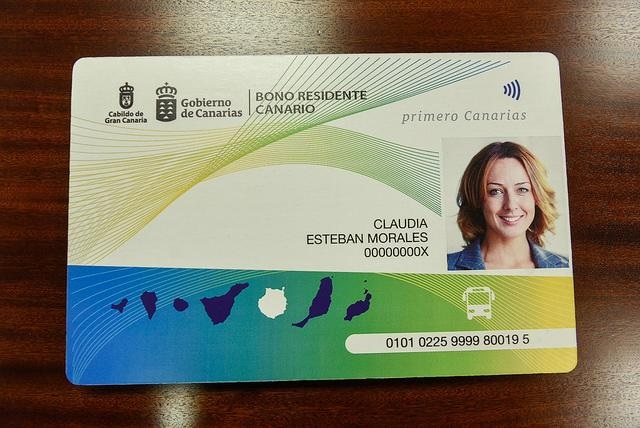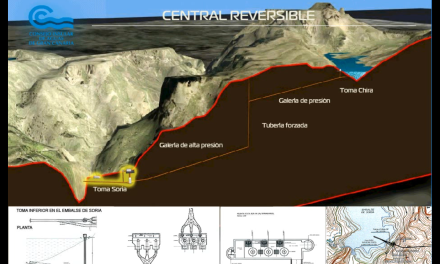Spain’s central government in Madrid, it was announced this Monday, has accepted 100% free resident travel on Canary Islands urban and interurban buses from January 1. The regionalist CC party have been negotiating with and socialist PSOE government since October culminating in an agreement to support the central Government’s 2023 budget in exchange for the 100% subsidy for passenger and freight transport, and a specific plan for La Palma.
The subsidies are applied to monthly travel passes and other resident “bonos” which allow for regular travel across the bus network of the canary isalnds.
The Government of Spain announced earlier this year that they would introduce free train travel throughout Spain in an effort to assist working people and students during this unparalleled time of rising costs and run away inflation. However the Canary Islands had argued this to be unfair on the basis there are no train lines in the archipelago, which meant the next best subsidy available was a 50% discount on bus travel.
It seems that the PSOE majority in the regional government felt quite relaxed that the subsidy would, in the end, be increased; however some commentators have suggested that it may have been more politically expedient to gain the agreement of support with the CC so as to allow next year’s budgets to progress unhindered, and so PSOE have given way to their regional partners to allow them to take the credit for the extra subsidies on travel. Both parties will have their sights focused on upcoming local elections next May and will be seeking to capitalise on measures that help to ease the burden on ordinary citizens.
Spain’s Minister of Finance, María Jesús Montero, and the Minister of the Presidency, Félix Bolaños, agreed to admit nine main demands – out of a total of 170 – raised via amendments by the two CC deputies in congress. From January 1, buses and trams will be free in the Archipelago in the same way that commuter and medium-distance trains are on the Spanish Peninsula.
In addition, the central government has agreed to review the standard costs of subsidies for freight transport, and will launch a specific plan to boost the La Palma economy following the volcanic eruption – with discounts on personal income tax for citizens – and €10 million more in aid to the banana sector.
The resistance to subsidising 100% bus transportation gave rise to PSOE-CC clashes over the summer
The aid decreed by Spanish Prime Minister Pedro Sánchez’s Executive on passenger transport aims to mitigate rising inflation, gave rise to strong clashes between the Regional Government of Ángel Víctor Torres and opposition groups over the summer, particularly the CC. While on the Peninsula commuter train users – mostly workers and students – now travel for free, on the islands, Canarian residents who make journeys of the same nature have only been able to enjoy a 50% discount.
The agreement reached between the socialists and regionalists represents an increase of €275 million for the Archipelago across the nine items subject to negotiation. That was the cost of the two regionalist CC deputies, who have shared representation in congress with the other regionalist party NC over these last 3 years, transforming their abstention back on October 27 into a yes, when the return amendments proposed by various opposition groups to the Sánchez government were debated.
The banana sector was also part of that negotiation. In the budget delivered by Minister Montero, the specific item for transport of the most emblematic Canarian fruit allows for a further €10 million in subsidies.
Advertise your business to English Speakers on Gran Canaria
We have a range of exciting advertising opportunities starting from as little as 2€ a day online, with a monthly audience averaging more than 150,000 individuals visiting our site regularly.
Give us a call on 928 987 988 or email Publicity@TheCanaryNews.com for more information
















